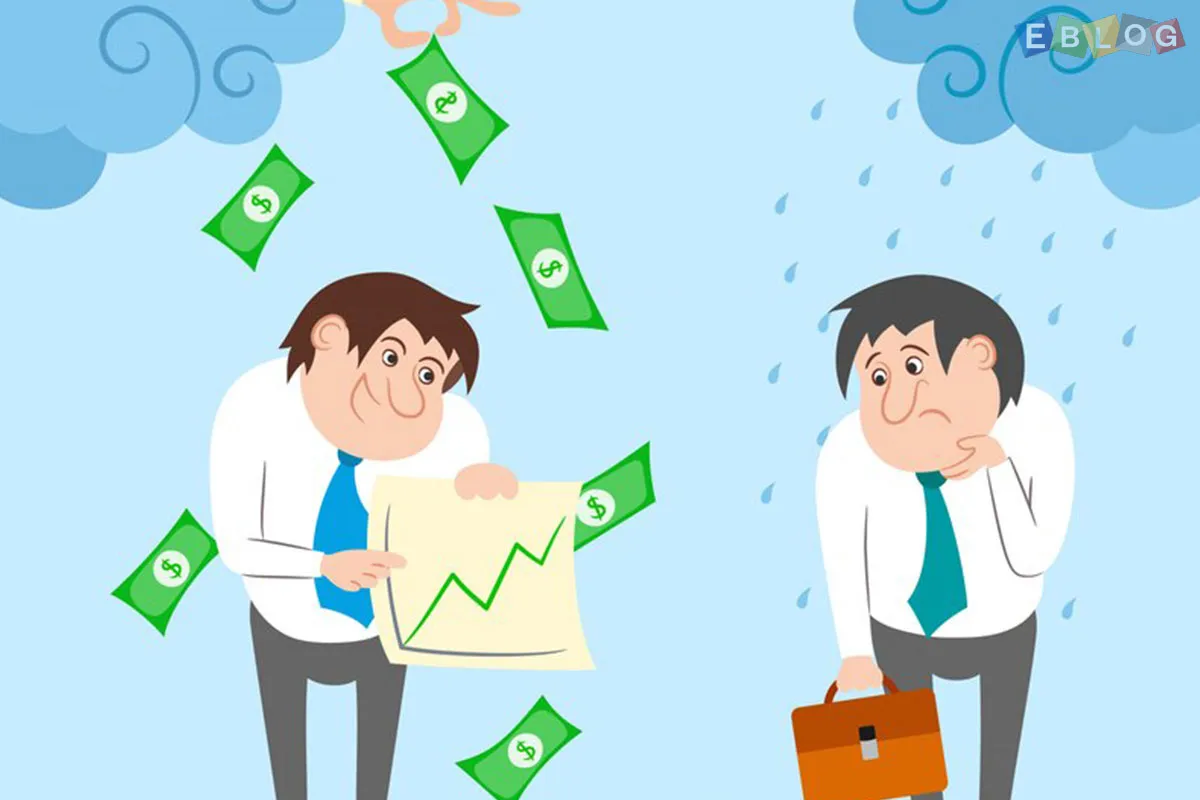
Is It Better to Pay Off a Loan Early? Pros and Cons
- 14 Jan, 2025
- Entertainment
- 500 Views
- 0 Comments
When it comes to managing debt, one of the most common questions borrowers face is whether it's a good idea to pay off a loan early. While it may seem like a simple financial decision, there are several factors to consider before taking that step. Paying off a loan early can offer a sense of financial freedom, but it can also come with some drawbacks depending on your circumstances. Let’s explore the pros and cons of paying off a loan early to help you make an informed decision.
1. Pros of Paying Off a Loan Early
a. Saving Money on Interest One of the most significant benefits of paying off a loan early is the potential to save money on interest. Loans, especially long-term ones like mortgages or student loans, accrue interest over time. By making extra payments or paying off the loan early, you reduce the total interest paid, which can amount to substantial savings, particularly if the interest rate is high.
b. Increased Financial Freedom Paying off a loan early can give you a sense of financial relief and freedom. Once the loan is paid off, you no longer have to worry about monthly payments or debt. This can provide peace of mind, reduce stress, and allow you to redirect funds toward other financial goals, like saving for retirement or building an emergency fund.
c. Improved Credit Score Successfully paying off a loan early can have a positive impact on your credit score. When you pay off a loan, it reduces your overall debt-to-income ratio and demonstrates your ability to manage debt responsibly. While your credit score might not skyrocket immediately, consistently paying off loans early or on time can lead to long-term credit benefits.
d. Increased Cash Flow Once you’ve paid off a loan, you can redirect the money that was previously going toward monthly payments into other areas of your financial life. This could mean saving for future goals, investing, or using the funds to make larger purchases without taking on more debt. This increased cash flow can also offer greater flexibility in your spending.
e. Less Stress and Mental Load Debt can feel like a heavy burden, and paying off loans early can lighten this load. The knowledge that you owe less money can reduce anxiety, especially if you're someone who feels stressed about monthly payments and debt obligations. For many, eliminating debt is a significant emotional win.
2. Cons of Paying Off a Loan Early
a. Potential Prepayment Penalties Some loans, particularly mortgages or auto loans, come with prepayment penalties. These fees are designed to discourage borrowers from paying off their loans early, as lenders want to collect interest over the full term of the loan. Before deciding to pay off your loan early, it's essential to check the terms of the loan and ensure there are no prepayment penalties that would negate the financial benefits.
b. Opportunity Cost Paying off a loan early may not always be the best use of your money, especially if the interest rate on the loan is low. For example, if you have a mortgage with a low interest rate, you may be better off investing your extra funds elsewhere, where they could earn a higher return. The opportunity cost of using your money to pay off a loan early might outweigh the savings from avoiding interest payments.
c. Reduced Liquidity When you use your savings or other liquid assets to pay off a loan early, you may be left with less cash on hand. While being debt-free is a great feeling, having money readily available for emergencies, unexpected expenses, or opportunities is equally important. If paying off your loan early leaves you with little to no savings, it could hurt your financial security in the long run.
d. No Tax Benefits (for Some Loans) Certain loans, like mortgages, can offer tax deductions on interest paid, particularly in countries like the United States. If you’re paying off your mortgage early, you may lose out on these tax benefits, which could make paying off the loan less financially advantageous. Be sure to consult a tax advisor to understand how paying off your loan early might affect your tax situation.
e. Potential Negative Impact on Investments If you choose to pay off a loan early by pulling funds from investments, you might miss out on growth opportunities. Depending on your portfolio and the market conditions, it could make more financial sense to let your investments grow rather than use that money to pay off a loan early. However, this depends on factors such as your risk tolerance, the type of loan, and the returns you expect from your investments.
3. What Should You Consider Before Paying Off a Loan Early?
a. Interest Rates and Loan Terms Compare the interest rate on your loan to the potential return you could earn from other financial opportunities. For instance, if the interest on your loan is low, and you can earn a higher return by investing your extra cash, it may be better to invest rather than pay off the loan early. Conversely, if the interest rate is high, paying off the loan early may be more advantageous.
b. Emergency Fund Before using your savings to pay off debt, ensure you have an adequate emergency fund in place. An emergency fund is essential for covering unexpected expenses like medical bills or home repairs. If paying off the loan leaves you without a financial cushion, it could create problems down the road.
c. Loan Type Different loans come with different terms and conditions. For example, student loans, mortgages, and credit cards all have different impacts on your finances when paid off early. The terms and rates vary, and so do the long-term benefits of paying them off ahead of schedule. Evaluate the specifics of your loan before making a decision.
d. Other Financial Goals Consider your other financial priorities. Are you saving for retirement? Do you want to build up an investment portfolio? Paying off debt early can be a great way to reduce stress, but it’s essential to ensure you’re not sacrificing other important financial goals in the process.
4. Conclusion
Ultimately, whether it’s better to pay off a loan early depends on your financial situation, goals, and the terms of the loan. There are clear advantages, such as saving money on interest, achieving financial freedom, and improving your credit score. However, there are also drawbacks, such as potential prepayment penalties, lost investment opportunities, and reduced liquidity.
Before making any decisions, weigh the pros and cons, and consider consulting a financial advisor to help you understand the best course of action for your unique circumstances. It’s important to strike a balance between paying off debt and maintaining your long-term financial health.














Leave a Reply